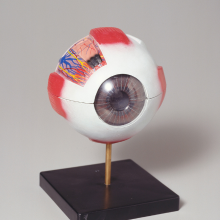
PolyActiva’s proprietary implant is designed to address the long-standing challenge of poor patient adherence with traditional eye drop therapy...
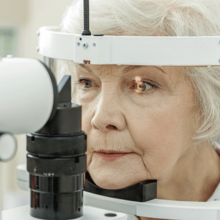
A detailed analysis of the LiGHT Trial confirms that selective laser trabeculoplasty (SLT) slows glaucoma progression by 29% compared to eye drops. The findings, supported highlight SLT’s ability to reduce vision loss and the need for surgery, prompting its inclusion in international glaucoma treatment guidelines.

A/Prof Owen Siggs, recipient of the Glaucoma Australia ‘Quinlivan’ Research Grant in 2022 is now 18 months into his research into the Genomic Risk Stratification to improve glaucoma suspect triage in rural primary care.

AI is set to revolutionise the way doctors and patients interact with ophthalmic healthcare, with several published diagnostic AI models already boasting performance on par with eye specialists in the detection of diabetic retinopathy, macular degeneration, and glaucoma.

Macquarie University researchers have identified a gene therapy that could help treat glaucoma, with potential applications for other neurodegenerative conditions such as Alzheimer’s disease.
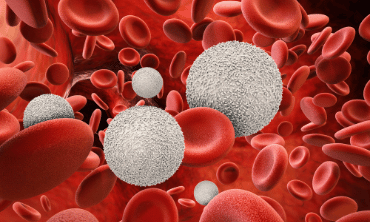
Researchers at University College London (UCL) and Moorfields Eye Hospital have found blood markers that can predict if glaucoma patients are likely to keep losing vision even after treatment.
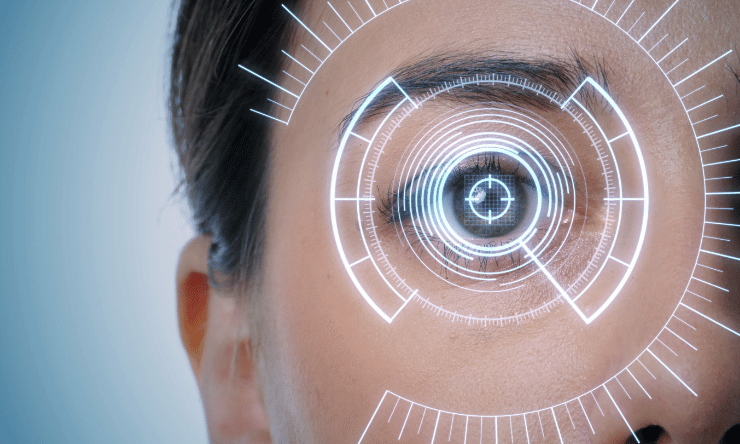
Researchers have developed a prototype ‘smart’ contact lens that can accurately measure eye pressure regardless of temperature, according to a study published in ACS Applied Materials and Interfaces.
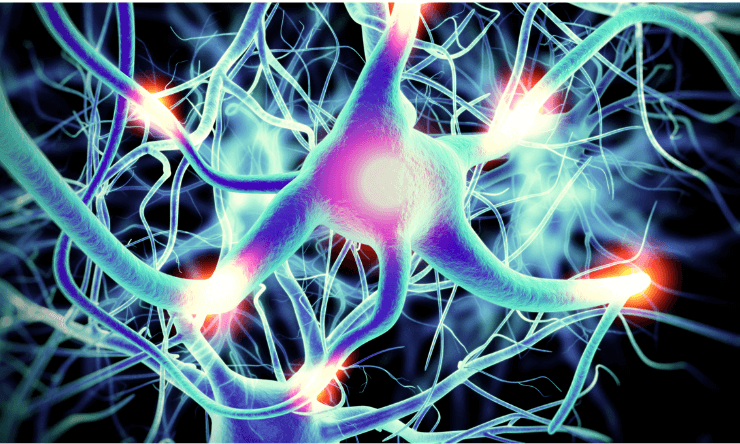
Researchers have identified a potentially transformative factor for regenerating damaged optic nerves, which they believe could one day prevent irreversible blindness.

The landmark Laser in Glaucoma and Ocular Hypertension (LiGHT) Trial – that ultimately recommended selective laser trabeculoplasty (SLT) as a first-line glaucoma intervention – has published six-year results further demonstrating the clinical effectiveness of the treatment.
